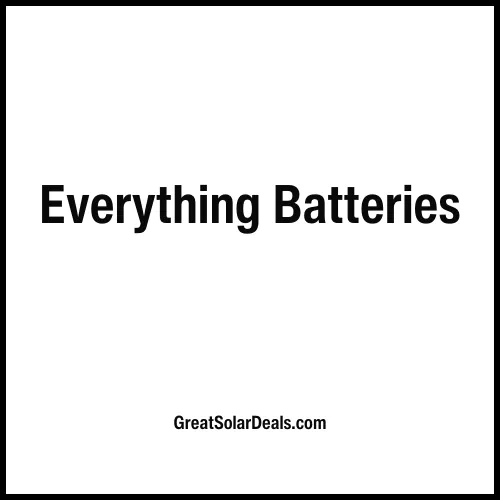Commonly Asked Questions
What’s the average lifespan of solar panels?
Solar panels are designed to be a long-term investment. On average, solar panels can last anywhere from 25 to 30 years. However, it’s important to note that “lifespan” doesn’t mean the panels stop working after this time. Instead, this is typically when their efficiency—how well they convert sunlight into electricity—starts to decrease more significantly.
How do you maintain and care for solar panels?
How you take care of your solar panels can make a big difference in how long they last. Regular maintenance, like cleaning them and having them inspected for damage, can help keep your panels in top shape.
How do you extend the life of solar panels?
Annual checks can prevent minor issues from becoming major, saving costs and extending panel lifespan.
Do I have to purchase batteries when going solar?
No, you can have solar panels installed without batteries. Although is it highly recommended that batteries be paired with solar panel installation because they store excess solar energy that can be used in either an emergency grid outage, or to help offset daily grid energy consumption. Without batteries paired to solar panels, the solar panels cannot operate “off-grid” or when the power is out.
What’s solar buyback net-metering?
Once you go solar, you can sign up for a solar buyback net-metering plan. Solar buyback plans gives solar owners the ability to earn electric bill credits for excess solar energy generated. Then, it sends it to the greater grid. This greatly helps with lowering overall electric bills.
How do I get my electric bill to $0?
Homeowners can reduce their electric bills to $0 by maximizing energy efficiency with solar-battery technology. Complete systems with a SPAN smart panel and net-metering plan provide control and strategic usage to optimize savings and achieve energy independence.






